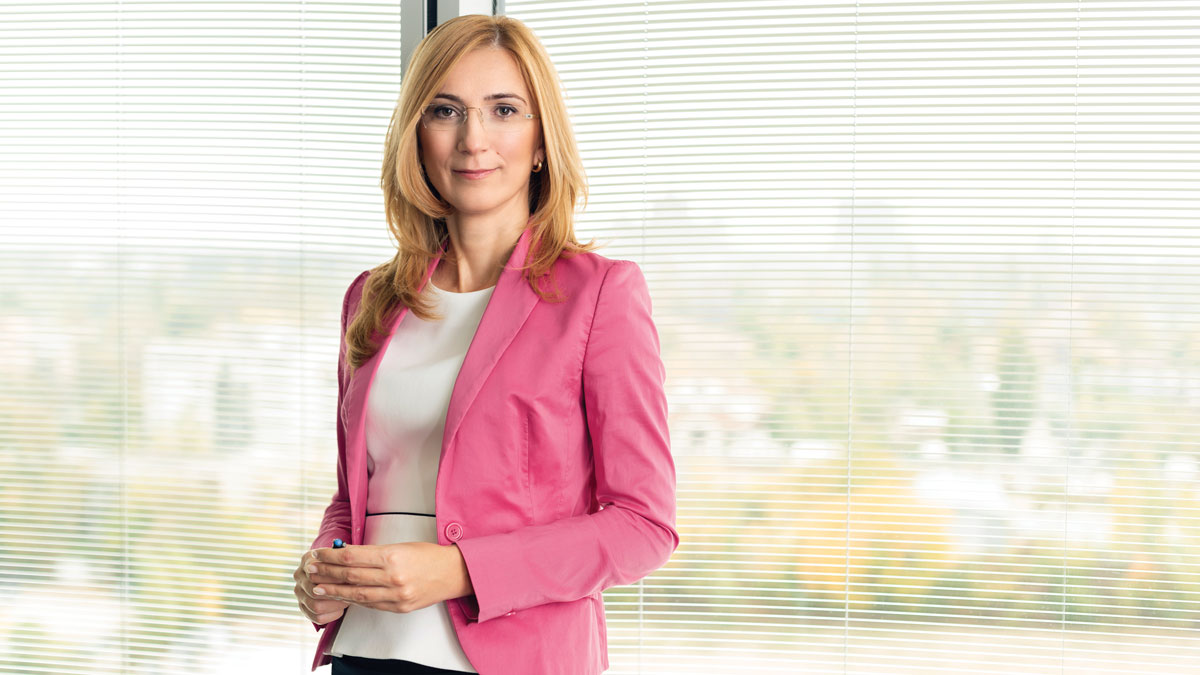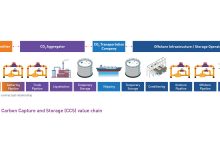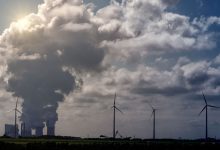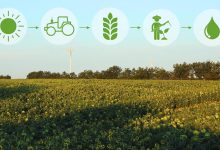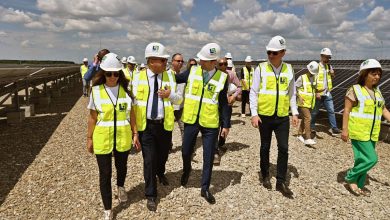OMV Petrom’s New Project to Support Circular Economy
OMV Petrom, the largest integrated energy company in South-Eastern Europe, launches a new project to support the circular economy by signing a partnership with Flip.ro. Thus, over 500 smartphones intended for scrapping were purchased by Flip.ro to be refurbished and resold with a 12-month warranty. The contract between the two companies, signed for a period of three years, provides for the takeover of more than 2,500 smartphones.
“By reintroducing the refurbished smartphones into circulation, we contribute to reducing the volume of waste and carbon emissions. Thus, we prove that circular economy projects can be successfully implemented on the Romanian market,” Alina Popa, CFO OMV Petrom, said.
“We are glad that an important company, such as OMV Petrom, has chosen to get involved in this important circular economy project. Through this collaboration, we are re-bringing back hundreds of new terminals and thus contributing to the protection of the environment. We are convinced that other companies will follow the example of OMV Petrom and will choose to recycle the smartphones that would otherwise have become waste,” added Nicolae Trofin, Chief Sales Business Partnerships within the Flip.ro.
OMV Petrom also supports other circular economy projects with social impact. The company has been actively involved in the re-circulation of refurbished computers, through ‘Let’s click on Romania’ project, developed through a partnership between private companies, Ateliere fara Frontiere and 230 schools from disadvantaged areas. During the project, 4,000 refurbished computers were donated to 110 public schools. Through this project, emissions of almost 600 thousand kg of CO2 were avoided.
OMV Petrom aims to achieve carbon neutrality for its operations by 2050 and to contribute to the process of decarbonization of its customers. To generate new low- and zero-carbon projects, the company will invest 3.7 billion euros from its 11-billion-euro investment plan by 2030. This is the largest private investment plan in the Romanian energy sector.
Innovation and circular economy
By 2030, OMV Petrom is targeting the addition of new low carbon activities to its portfolio: biofuels, carbon capture and storage and hydrogen.
According to the company’s website, OMV Petrom sets its ambitious decarbonization plans to go beyond renewables, sustainable fuel, and mobility. “We planned CAPEX expenditures of EUR 2 bn, which will be invested after the technical and commercial viability on new technologies including Carbon Capture Utilization Storage (CCUS) is assessed. The new technologies are expected to help us achieve the target to capture more than 2mn tons of CO2 per year by 2030. CCUS is expected to play a critical role in reducing emissions not only for us, but also for hard to abate industries.”
OMV Petrom is partner in an ambitious European project aimed to address issues related to CO2 emissions from important industrial sectors through development and demonstration of novel versatile carbon capture and conversion technologies. The ConsenCUS project brings together 19 partners (companies, Universities and NGOs) from seven countries and the technologies will be tested in three different locations and industries: cement, magnesia production and oil refining. The technologies that will be tested at Petrobrazi will capture the CO2 from flue gases released by the Cogeneration unit, further converting them electrochemically into marketable products. The innovative technology to be tested at Petrobrazi has an efficiency level of over 90% and can capture 100 kg CO2/hour.
In the context of decarbonization, OMV Petrom’s sustainability target for co-processing biogenic feedstock in the Petrobrazi Refinery by 2025 has been changed to support an ambitious low-carbon transformation. The company sees biofuels as a way to reduce emissions in both road and air transportation, and therefore it has set a new target for biofuel to exceed 15% of the company’s total fuel production by 2030. This target is to be achieved through the production of bioethanol, hydrotreated vegetable oil and sustainable aviation fuel.
OMV Petrom also contributed to the advancement of circular economy practices by taking a strategic step in its own production of advanced ethanol, renewable diesel, and bio-jet from sustainable feedstock, with a planned investment level for 4 projects of EUR 1bn by 2030:
- Bio-Ethanol – Romania presents a unique combination of hay availability and low cost, therefore positioning itself as a high potential location for a future production of biocomponents. Upgrading agricultural residues that are suitable to produce carbon-negative ethanol when combined with carbon capture and storage, constitutes an important opportunity to be explored with a potential contribution to energy transition. Demand for ethanol is expected to grow given its usage as a blend in gasoline and optional feed for Sustainable Aviation Fuel production and green petrochemicals.
- Sustainable Aviation Fuel (SAF)/Hydrotreated Vegetable Oil (HVO) production – Romania benefits from a strong agriculture sector and an opportunity to upgrade agricultural waste to high value Hydrotreated Vegetable Oil (renewable diesel) or Sustainable Aviation Fuel. OMV Petrom’s new production unit will provide flexibility between SAF and HVO production, with the final option depending on the market demand.
OMV Petrom’s innovation and circular economy activities contribute to the UN Sustainable Development Goals related to fostering innovation and action on climate change.


